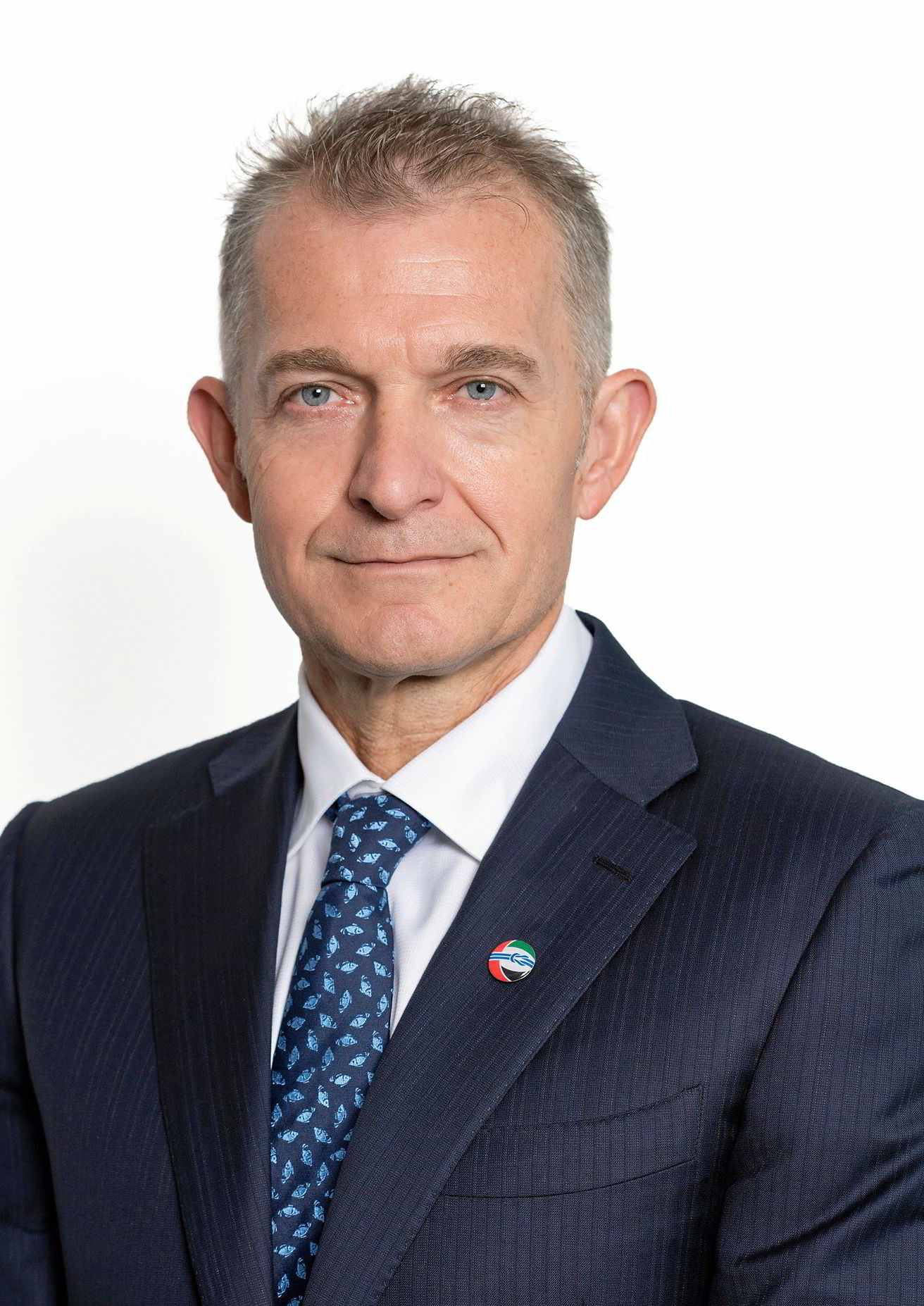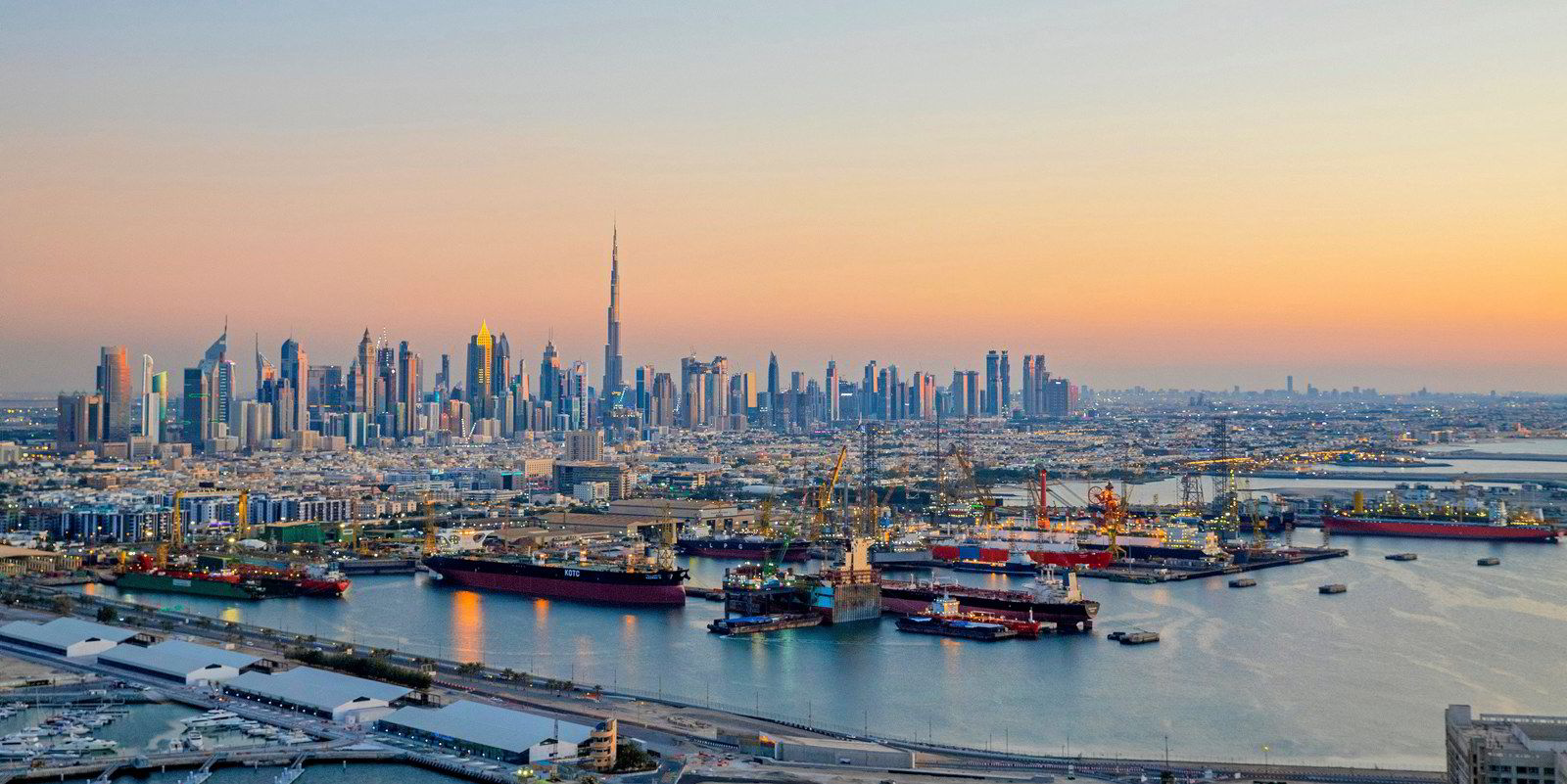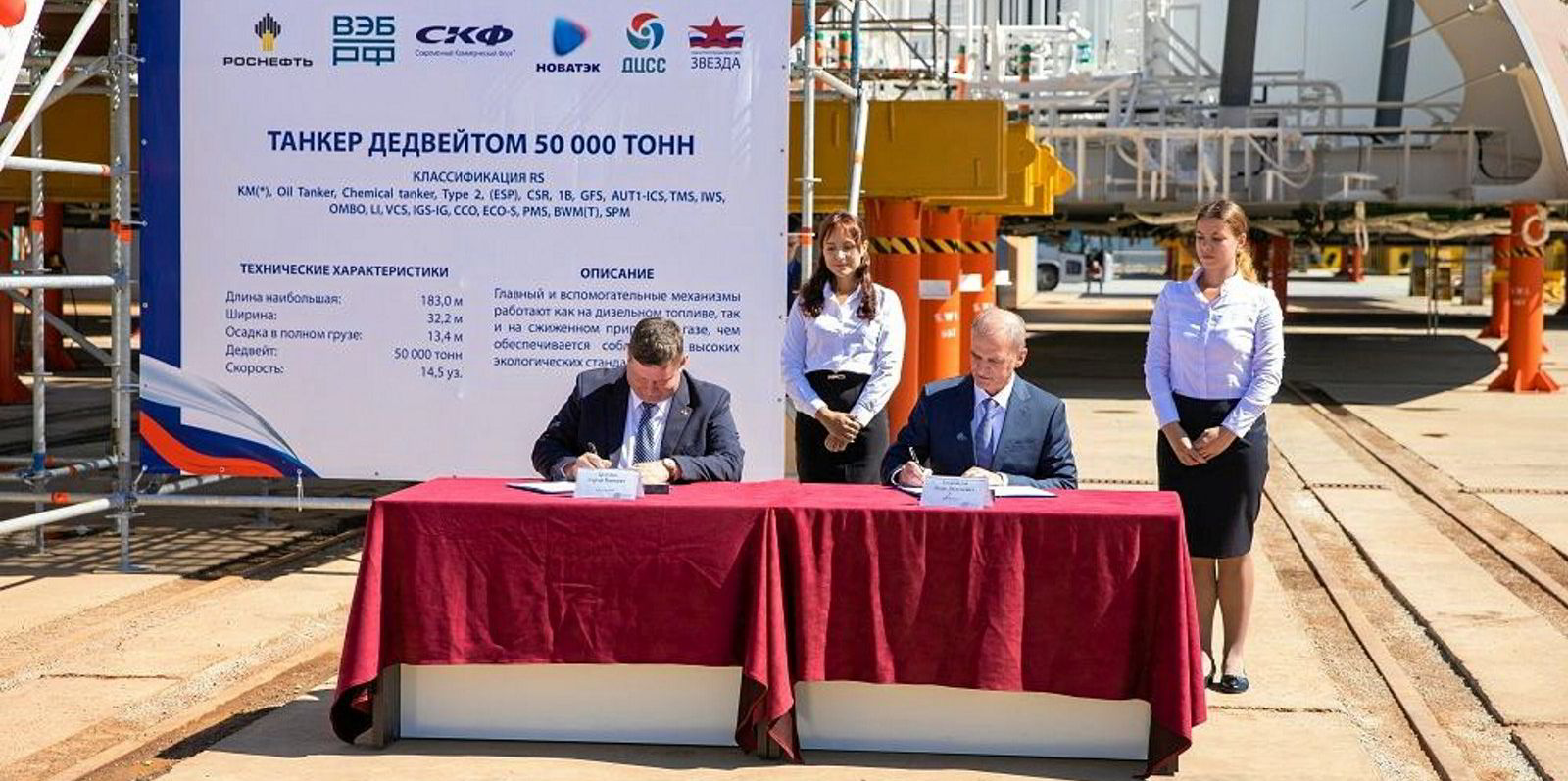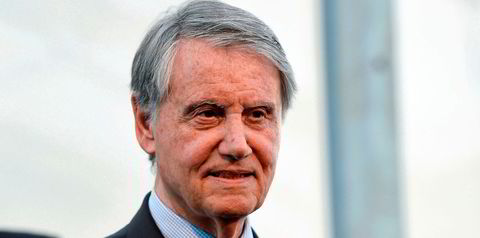Drydocks World chief executive Rado Antolovic has good reason to make the shipyard he runs as green as possible.
The massive repair yard in the heart of Dubai is surrounded by high-value residential and commercial real estate, locations that in today's world no longer tolerate having a polluting industrial facility in close proximity.
Antolovic believes there are many ways that shipyards can take advantage of new green technologies to reduce their emissions and protect the surrounding marine and land environments.

Drydocks World has put into place a green action plan with very specific milestones. The masterplan was drafted three years ago and now it is in the implementation phase.
The first step, said Antolovic, was to focus on human capital.
"If you don't have people who believe in it, it is not going to happen," the chief executive said.
Drydocks World first put in place a robust training programme to boost awareness, enhance knowledge and teach the new technologies.
The shipyard then sought to grow its skill set by bringing in new employees with design and technology backgrounds ahead of its plan to play a greater role in the decarbonisation of shipping, which sees a growing volume of ship-repair work involving green retrofits and conversions.
Other new 'green avenues' include offshore renewables such as wind farm projects.
"If you are going to undertake such complex work, you don't just jump into it. You research, you look to see which industry leaders you should align yourself with, and you train and adapt your knowledge," Antolovic said.
And while Drydocks World has been operating at full capacity for much of this year, a major project is underway to replace old, outdated equipment with new technology that is designed to both improve the yard's efficiency and reduce its CO2 emissions.
Robotics and hydroblasting systems will allow it to not only reduce CO2 emissions, but it will also reduce the consumption of paint, the amount of noise generated, and the volume of particles that escape into the air.
Not only will using robots for painting reduce labour requirements at the shipyard, it will have knock-on benefits for vessel performance, said Antolovic.
"If you paint a vessel correctly, it will use less energy for the same speed," he explained.
The yard's power consumption is also being addressed through a project with Etihad Energy Services to upgrade lighting systems by using solar power. It is expected that this project will save around 943,094 kW hours of electricity annually.





